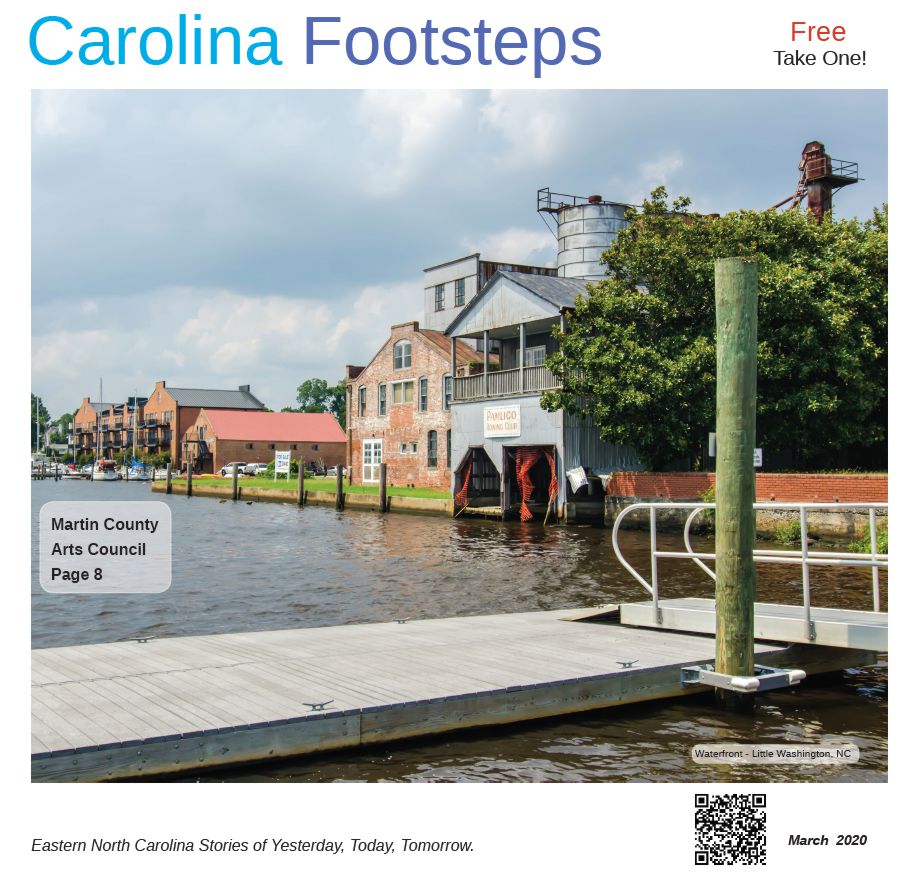The following is an introduction to one of Fr. Seraphim Rose’s last
talks, given in 1982, shortly before his illness and death.
Before beginning my talk, a word or two on why it is important
to have an Orthodox world-view, and why it is more difficult
to build one today than in past centuries.
In past centuries—for example, in 19th century Russia—the
Orthodox world-view was an important part of Orthodox life
and was supported by the life around it. There was no need
even to speak of it as a separate thing—you lived Orthodoxy
in harmony with the Orthodox society around you, and you
had an Orthodox world-view provided by the Church and
society. In many countries the government itself confessed
Orthodoxy; it was the center of public functions and the king
or ruler himself was historically the first Orthodox layman with
a responsibility to give a Christian example to all his subjects.
Every city had Orthodox churches, and many of them
had services every day, morning and evening. There were
monasteries in all the great cities, in many cities, outside the
cities, and in the countryside, in deserts and wildernesses. In
Russia there were more than 1000 officially organized monasteries,
in addition to other more unofficial groups. Monasticism
was an accepted part of life. Most families, in fact, had
somewhere in them a sister or brother, uncle, grandfather,
cousin or someone who was a monk or a nun, in addition to
all the other examples of Orthodox life: people who wandered
from monastery to monastery, and fools for Christ. The whole
way of life was permeated with Orthodox kinds of people, of
which, of course, monasticism is the center. Orthodox customs
were a part of daily life. Most books that were commonly
read were Orthodox. Daily life itself was difficult for most people:
they had to work hard to survive, life expectancy was not
great, death was a frequent reality—all of which reinforced
the Church’s teaching on the reality and nearness of the other
world. Living an Orthodox life in such circumstances was
really the same thing as having an Orthodox world-view, and
there was little need to talk of such a thing.
Today, on the other hand, all this has changed.
Our Orthodoxy is a little island in the midst
of a world which operates on totally different
principles—and every day these principles
are changing for the worse, making us more
and more alienated from it. Many people are
tempted to divide their lives into two sharply
distinct categories: the daily life we lead at
work, with worldly friends, in our worldly business,
and Orthodoxy, which we live on Sundays
and at other times in the week when we
have time for it. But the world-view of such a
person, if you look at it closely, is often a strange combination
of Christian values and worldly values, which really do
not mix. The purpose of this talk is to see how people living
today can begin to make their world-view more of one piece,
to make it a whole Orthodox world-view.
Orthodoxy is life. If we don’t live Orthodoxy, we simply are
not Orthodox, no matter what formal beliefs we might hold.
Life in our contemporary world has become very artificial,
very uncertain, very confusing. Orthodoxy, it is true, has a life
of its own, but it is also not very far from the life of the world
around it, and so the life of the Orthodox Christian, even when
he is being truly Orthodox, cannot help but reflect it in some
way. A kind of uncertainty and confusion have also entered
into Orthodox life in our times. In this talk we will try to look
at contemporary life, and then at Orthodox life, to see how
better we might fulfill our Christian obligation to lead otherworldly
lives even in these quite terrible times, and to have
an Orthodox Christian view of the whole of life today that will
enable us to survive these times with our faith intact.
talks, given in 1982, shortly before his illness and death.
Before beginning my talk, a word or two on why it is important
to have an Orthodox world-view, and why it is more difficult
to build one today than in past centuries.
In past centuries—for example, in 19th century Russia—the
Orthodox world-view was an important part of Orthodox life
and was supported by the life around it. There was no need
even to speak of it as a separate thing—you lived Orthodoxy
in harmony with the Orthodox society around you, and you
had an Orthodox world-view provided by the Church and
society. In many countries the government itself confessed
Orthodoxy; it was the center of public functions and the king
or ruler himself was historically the first Orthodox layman with
a responsibility to give a Christian example to all his subjects.
Every city had Orthodox churches, and many of them
had services every day, morning and evening. There were
monasteries in all the great cities, in many cities, outside the
cities, and in the countryside, in deserts and wildernesses. In
Russia there were more than 1000 officially organized monasteries,
in addition to other more unofficial groups. Monasticism
was an accepted part of life. Most families, in fact, had
somewhere in them a sister or brother, uncle, grandfather,
cousin or someone who was a monk or a nun, in addition to
all the other examples of Orthodox life: people who wandered
from monastery to monastery, and fools for Christ. The whole
way of life was permeated with Orthodox kinds of people, of
which, of course, monasticism is the center. Orthodox customs
were a part of daily life. Most books that were commonly
read were Orthodox. Daily life itself was difficult for most people:
they had to work hard to survive, life expectancy was not
great, death was a frequent reality—all of which reinforced
the Church’s teaching on the reality and nearness of the other
world. Living an Orthodox life in such circumstances was
really the same thing as having an Orthodox world-view, and
there was little need to talk of such a thing.
Today, on the other hand, all this has changed.
Our Orthodoxy is a little island in the midst
of a world which operates on totally different
principles—and every day these principles
are changing for the worse, making us more
and more alienated from it. Many people are
tempted to divide their lives into two sharply
distinct categories: the daily life we lead at
work, with worldly friends, in our worldly business,
and Orthodoxy, which we live on Sundays
and at other times in the week when we
have time for it. But the world-view of such a
person, if you look at it closely, is often a strange combination
of Christian values and worldly values, which really do
not mix. The purpose of this talk is to see how people living
today can begin to make their world-view more of one piece,
to make it a whole Orthodox world-view.
Orthodoxy is life. If we don’t live Orthodoxy, we simply are
not Orthodox, no matter what formal beliefs we might hold.
Life in our contemporary world has become very artificial,
very uncertain, very confusing. Orthodoxy, it is true, has a life
of its own, but it is also not very far from the life of the world
around it, and so the life of the Orthodox Christian, even when
he is being truly Orthodox, cannot help but reflect it in some
way. A kind of uncertainty and confusion have also entered
into Orthodox life in our times. In this talk we will try to look
at contemporary life, and then at Orthodox life, to see how
better we might fulfill our Christian obligation to lead otherworldly
lives even in these quite terrible times, and to have
an Orthodox Christian view of the whole of life today that will
enable us to survive these times with our faith intact.
An Orthodox Life in a Hostile World
 Reviewed by kensunm
on
7:00:00 PM
Rating:
Reviewed by kensunm
on
7:00:00 PM
Rating:
 Reviewed by kensunm
on
7:00:00 PM
Rating:
Reviewed by kensunm
on
7:00:00 PM
Rating:







No comments: